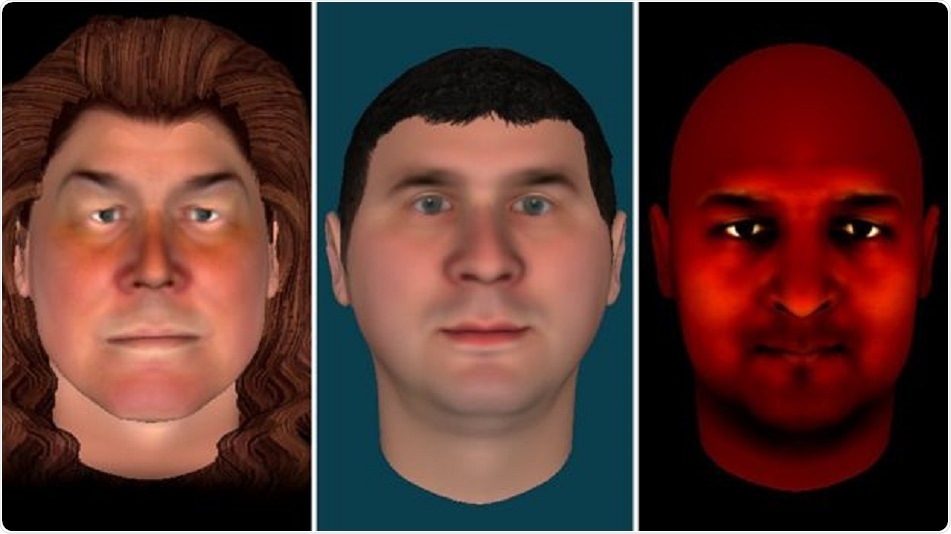Computer simulations of the faces behind the voices heard by sufferers of schizophrenia may give patients the power to cope better with these distressing hallucinations.

Credit: Kings College London
Schizophrenia is a severe, life-long mental disorder that affects about one in 100 people worldwide. It causes faulty perceptions, affecting how a person thinks, feels, and behaves, which can result in inappropriate actions and feelings and withdrawal from reality.
Hallucinations, including hearing voices, are a common and distressing symptom of schizophrenia. The voices, which sound real and can be critical and abusive, are difficult to ignore even when a patient learns that they are just in the mind. A quarter of patients with schizophrenia continue to experience voices even after receiving pharmacological treatment and cognitive behavioural therapy.
Following the success of a small pilot study in 2013, a randomized controlled study was conducted that compared avatar therapy with standard supportive counselling. A total of 150 patients who had suffered from schizophrenia for about 20 years and had been experiencing persistent and distressing auditory hallucinations for more than a year were recruited from centres across the UK. Half received supportive counselling and half underwent avatar therapy in addition to their usual antipsychotic medication.
The avatar therapy involved patients creating a computer simulation to represent the voice they heard and desired to control, as well as customising its appearance and sound. The therapist provided the voice of the avatar while also speaking as themselves and initiated a three-way conversation with the patient to help them overcome the power of the voices in their head.
Patients were encouraged to talk to the avatar and take control of the conversation, telling the avatar that they were not going to listen to them anymore.
All study participants received six sessions of their allocated treatment. At the end of the study, patients who underwent avatar therapy were less distressed by the voices and heard them less frequently than those who had counselling. By confronting the avatar, patients were able to learn that the voices were not all-controlling.
Professor Tom Craig, a study author from King's College London, highlighted the potential of avatar therapy "After 12 weeks there was dramatic improvement compared to the other therapy...With a talking head, patients are learning to confront and get replies from it".
After 12 weeks, seven patients in the avatar group and two in the counselling group reported that their hallucinations had completely disappeared. However, improvement levels in both groups were on par after 24 weeks, indicating that booster sessions of avatar therapy would be required in the long term.
More research is needed, but these promising findings suggest that avatar therapy may offer an important new approach to treating schizophrenic hallucinations.
Sources: